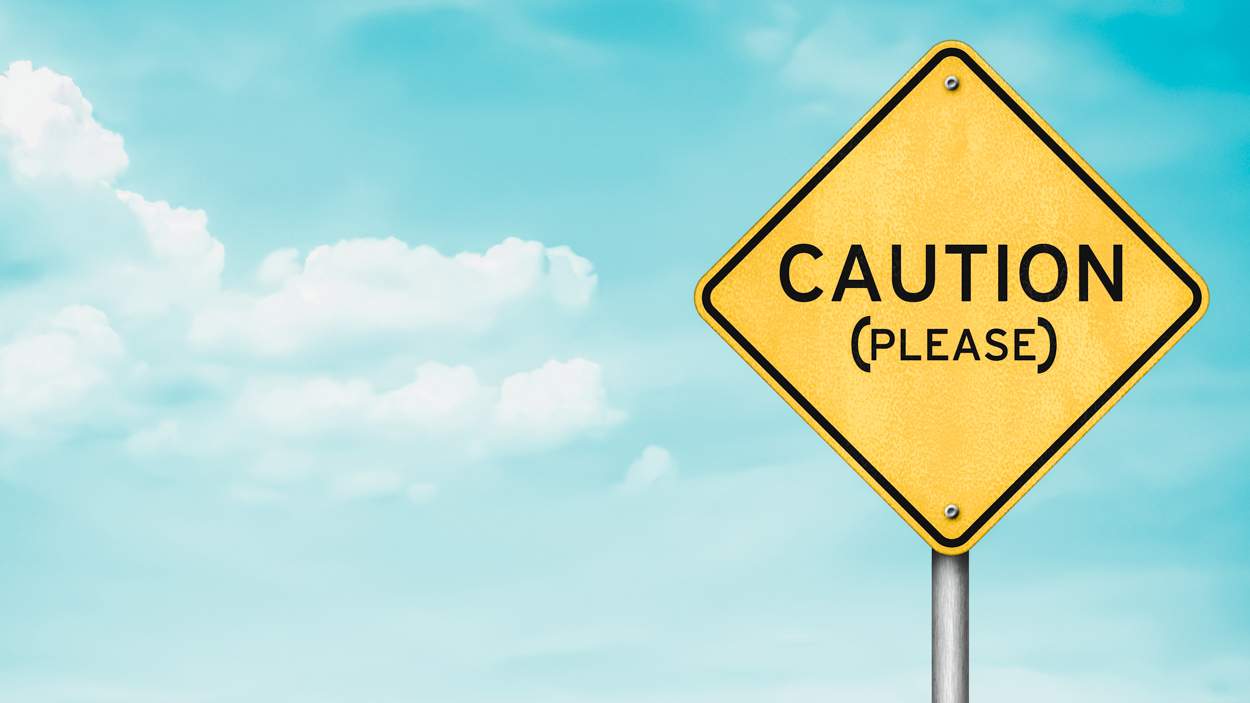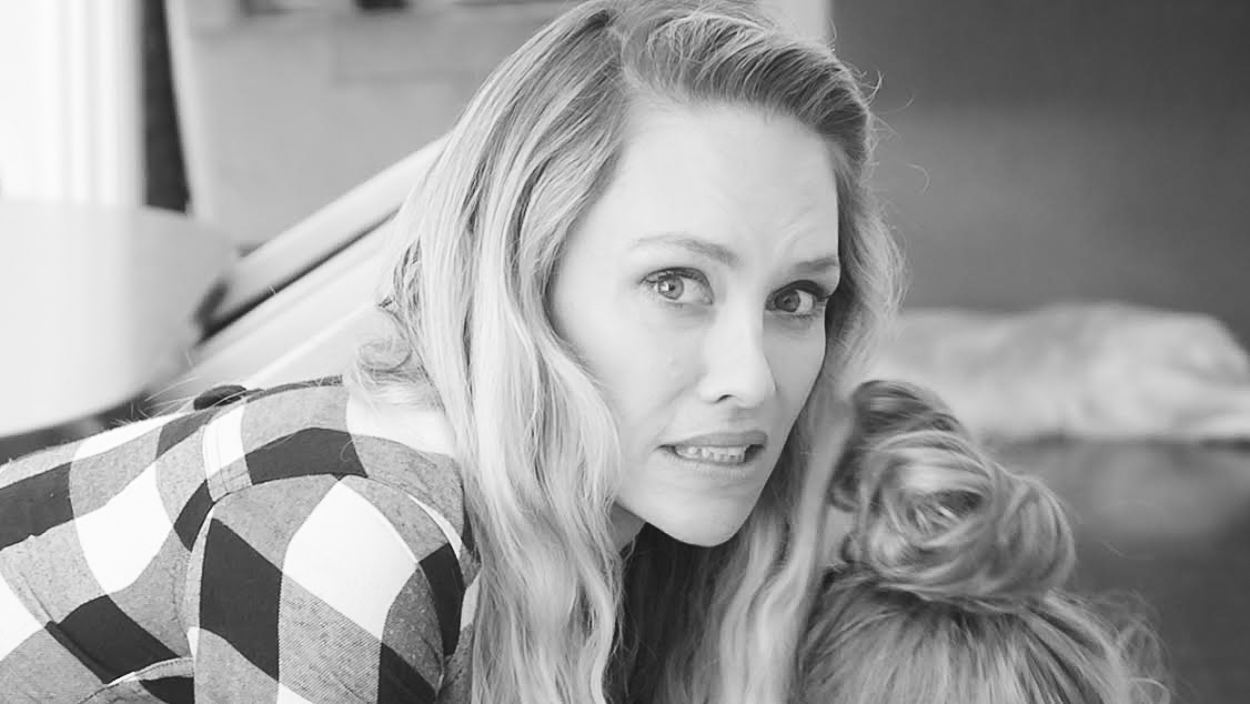

We call it the queso fresco incident. Me: ten weeks pregnant. My husband: the fetcher of the takeout. Our neighborhood Mexican restaurant: the dropper of a lone crumble of queso fresco — an unpasteurized, and rather tasteless cheese that is a common incubator of listeria, which can cause serious illness, particularly to pregnant women and their developing fetuses — deep into my enchilada plate.
I discovered the aforementioned crumble when I was nearly done with my meal, and, realizing that I’d possibly unknowingly consumed some amount of it, I proceeded to lose. my. mind. Did I mention that this cheese tops most every list of Foods to Avoid While Preggers?
Spoiler: Everything was fine.
I recounted the incident at my next prenatal appointment, expecting some laughs. Instead, my doctor gave an approving nod and said “That worrying is a sign of a good mother!”
Oh.
One could be forgiven for believing this idea, not least because one is pummeled with this idea. Pregnancy and parenting newsletters and headlines constantly warning of “hidden dangers!” seem designed to manufacture worry. Guidelines regarding sleep safety and allergies and screen time are churned out and revised faster than a babe can chuck her freshly-cleaned binky into the gutter (Pacifiers: Know The Risks!).
And the gear: special covers designed to ensure no cootie is transferred from shopping cart to toddler, leashes to ensure said toddler won’t stray, monitors that go way beyond the old-school, glorified walkie-talkies and can alert you if baby shifts position or if there’s a change in his or her heart rate. Keeping on top of it all can feel a full-time job.
It’s a sinister conundrum. We are encouraged to worry. We are praised for worrying, and if worrying somehow demonstrates that we’re a good mother, well, in a shady corner of our psyche, we’re happy to bank the points. At the same time, we’re mocked as silly or paranoid when we voice our concerns, and we’re warned about excessive worry, as it is a symptom of postpartum mood disorders, conditions that affect at least 1 in 9 women. So, we worry about how much we’re worrying. How meta.
Obviously some worry is appropriate, but it’s a burden — and it’s carried disproportionately by mothers, even before the baby is born. Queso fresco or no, there’s something about cooking a person that nukes your chill.
It gets worse once baby’s born. I met my son and fell hard; the love was overwhelming, intoxicating, and terrifying. To look at him, so impossibly precious and delicate, was to face an anxious abyss. What if?
And thus, what remained of my inner Cool Girl was officially vaporized, replaced with a nervous Mother Hen. Today my worry is low-grade yet unshakable, tedious as a tagalong little sister. From my son’s safety to his health to his development to the corrosive effects of living in a culture infected with the twin demons of toxic masculinity and white privilege, I worry. When I hand my son a cheese stick to preempt a public meltdown, I worry I am teaching him to eat his feelings. At the playground, I worry that he will fall or eat cat poop, and then I worry that I am being either a helicopter mom. Other days I worry I’m being negligent.
Annoyingly, my husband, who loves our kid as much as I do, is largely unafflicted. Where I am uncertain and on edge, he is confident and blasé. It’s unnerving to find myself in such a stereotypically gendered arrangement, but the deck was stacked.
Biology is partially to thank. During pregnancy and the postpartum period, hormones literally change the structure of women’s brains, fueling feelings of love, protectiveness, and, yes, worry.
Society colludes, too: Parenthood’s early days are a disorienting fever dream, involving nothing less than a fundamental change in identity. Moms rejoin the world on unsteady feet and find the familiar tropes are as easy to slide into as an old shoe. Mom deals in broccoli and helmets, while Dad sneaks the kid cartoons and Pop-Tarts. Each rolls eyes at the other in a bemused, sitcom-y sort of way. It’s ridiculous, but it’s insidious.
More insidious are our own aspirations. From the second we learn we are pregnant, the fantasizing begins. And in our maternal imaginings, we are not average, not passable, not merely “good enough.” Show me a mom (or a mom-to-be), and I’ll show you someone who wants, probably desperately, to be a Good Mom. And our standards for motherhood can be impossibly high. Instagram, culture-at-large and in-laws don’t help, either. Our desire to be “good” kinda slides into a desire to be “perfect.” Such a lofty goal breeds uncertainty. Worry. Am I doing this right?
Parenthood is frequently a lesson in how little we can actually control, which makes worry a profoundly compelling illusion: worrying makes us feel like we’re doing something, holding something together — even if, really, we’re just goosing our blood pressure and praying for exactly what we don’t want.
Like so much of this motherhood gig, the worry game is a balancing act. I’ll fall — worrying too much, worrying not enough, worrying about the wrong things — and my son will fall, too. In all kinds of ways. But if he’s falling, he’s out there, in the world, doing the things. And being a good mom means cheering him on, worries or no.
And encouraging him to wear a helmet.







